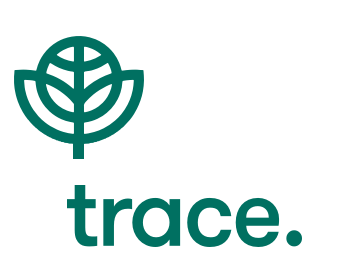The two standards that the ISSB have released are known as IFRS S1 General Requirements for Disclosure of Sustainability-related Financial Information and IFRS S2 Climate-related Disclosures. The former is a general requirement and the latter is an industry-specific climate disclosure.
According to the ISSB, IFRS S1 and S2 are “designed to set a global baseline to enable companies to provide information about sustainability-related risks and opportunities that is useful for investors’ decision-making.”
The objective of IFRS S1 is to “require an entity to disclose information about its sustainability-related risks and opportunities that is useful to primary users of general purpose financial reports in making decisions relating to providing resources to the entity.” In other words, organisations should consider any and all material information relating to sustainability-related risks and opportunities that could reasonably impact cash flows or access to finance in the short or long term.
IFRS S2 on the other hand is intended to “require an entity to disclose information about its climate-related risks and opportunities”. This will allow report readers and decision-makers to understand an organisation’s exposure and resilience to climate-related risk. IFRS S2 requires organisations to calculate their carbon footprint in relation to scope 1, 2 and 3 greenhouse gas (GHG) emissions.
These standards are just the beginning. ISSB Chair Emmanuel Faber has similarly acknowledged that the standards “have been designed to help companies tell their sustainability story in a robust, comparable and verifiable manner”, adding that their publication “is just the starting point as we consult on our future priorities, beyond climate”.

.png)
.jpg)




.png)
.png)